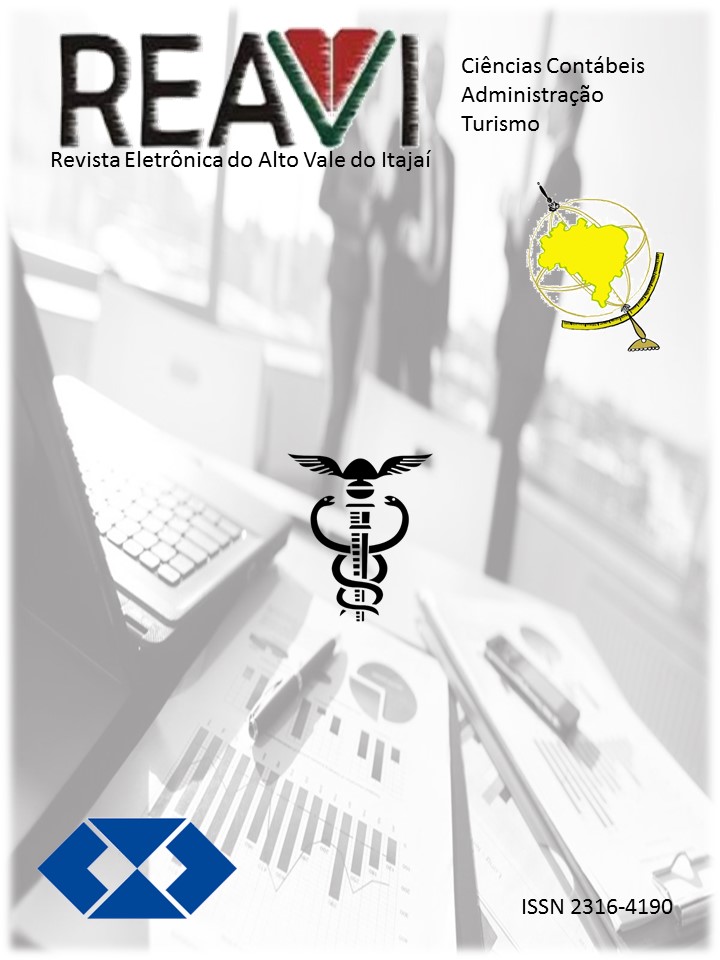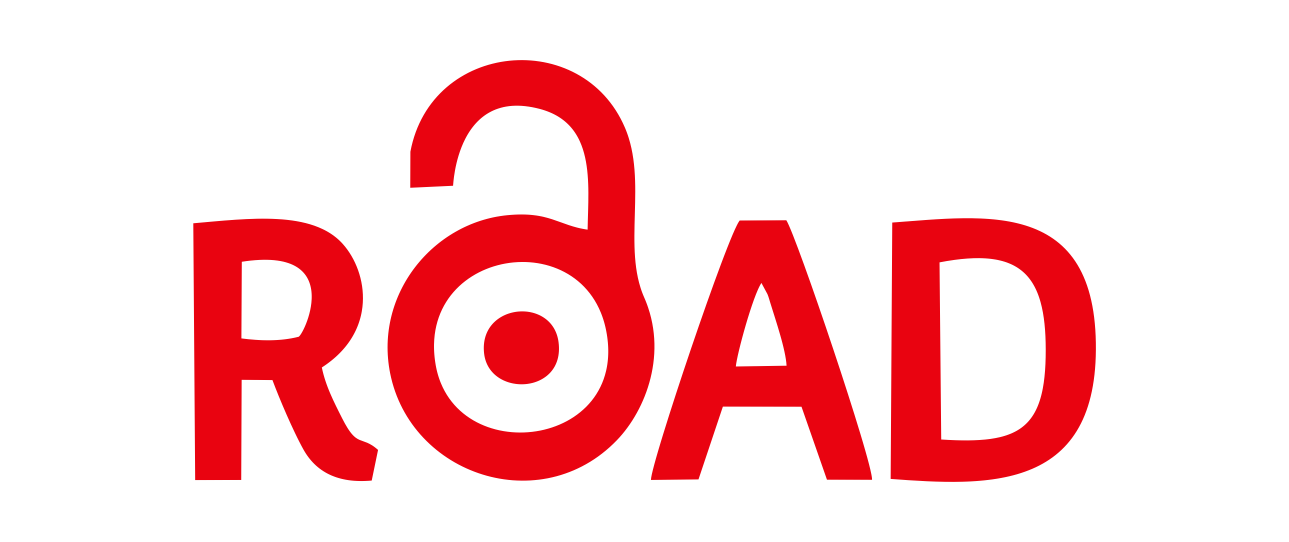The definitive characteristics of throttle accelerators and their differences for other philanthropic organizations
DOI:
https://doi.org/10.5965/2316419006092017098Keywords:
startup, accelerator, startup acceleratorAbstract
The first accelerators appeared in the last decade. Since they’re a relatively recent phenomenon, the research on them is also quite new. However, there are some researchers, notably Susan Cohen and Yael V. Hochberg, that have been able to establish a good framework when it comes to the definition and nuances of accelerators. This article proposes to exhibit the main themes these authors discuss, showing the different types and characteristics of accelerators, as well as their differences to other philanthropic organizations (incubators and angel investors).
Downloads
References
BLIEMEL, Martin J. et al. The role and performance of accelerators in the Australian startup ecosystem. 2016. Dissertação No. 2016MGMT03 do Department of Industry, Innovation & Science da UNSW Business School (2016).
KIM, Jin-Hyuk; WAGMAN, Liad. Portfolio size and information disclosure: An analysis of startup accelerators. Journal of Corporate Finance, v. 29, p. 520-534, 2014.
COHEN, Susan. What do accelerators do? Insights from incubators and angels. innovations, v. 8, n. 3-4, p. 19-25, 2013.
HOCHBERG, Yael V. Accelerating entrepreneurs and ecosystems: The seed accelerator model. Innovation Policy and the Economy, v. 16, n. 1, p. 25-51, 2016.
MILLER, Paul; BOUND, Kirsten. The startup factories. NESTA. 2011.
BARREHAG, Lisa et al. Accelerating success: A study of seed accelerators and their defining characteristics. Bachelor Thesis TEKX04-12-10 Chalmers University, Sweden, 2012.
COHEN, Susan; HOCHBERG, Yael V. Accelerating startups: The seed accelerator phenomenon. 2014.
KOHLER, Thomas. Corporate accelerators: Building bridges between corporations and startups. Business Horizons, v. 59, n. 3, p. 347-357, 2016.
DEMPWOLF, C. Scott; AUER, Jennifer; D’IPPOLITO, Michelle. Innovation accelerators: Defining characteristics among startup assistance organizations. Small Business Administration, 2014.
PANDEY, Sheela et al. The Appeal of Social Accelerators: What do Social Entrepreneurs Value?. Journal of Social Entrepreneurship, v. 8, n. 1, p. 88-109, 2017.
LALL, Saurabh; BOWLES, Lily; BAIRD, Ross. Bridging the “Pioneer Gap”: The Role of Accelerators in Launching High-Impact Enterprises. innovations, v. 8, n. 3-4, p. 105-137, 2013.
CERVO, Amdaldo Luiz; BERVIAN, Pedro Alcino. Metodologia da pesquisa: para uso dos estudantes universitários. 1983.
BLANK, Steve; DORF, Bob. The Startup Owner's Manual: The Step-by-Step Guide for Building a Great Company. Pescadero, CA: K&S Ranch. Inc. Publishers, 2012.
ANTHONY, S. The new corporate garage (pp. 44–53). September: Harvard Business Review, 2012.
HYYTINEN, Ari; PAJARINEN, Mika; ROUVINEN, Petri. Does innovativeness reduce startup survival rates? Journal of Business Venturing, v. 30, n. 4, p. 564-581, 2015.
Downloads
Published
How to Cite
Issue
Section
License
Copyright (c) 2017 REAVI - Revista Eletrônica do Alto Vale do Itajaí

This work is licensed under a Creative Commons Attribution 4.0 International License.
Brazilian Journal of Accounting and Management offers free and immediate access to its content, following the principle that providing scientifical knowledge in a free manner promotes a better world democratization of knowledge. Authors maintain copyright of articles and grant to the journal the rights of the first publication, according to the Creative Commons Attribution licensing criteria, which allows the work to be shared with initial publication and authorship recognition. These licenses allow others to distribute, remix, adapt, or create derived work, even if it is for commercial purposes, provided that the credit is given to the original creation.




















